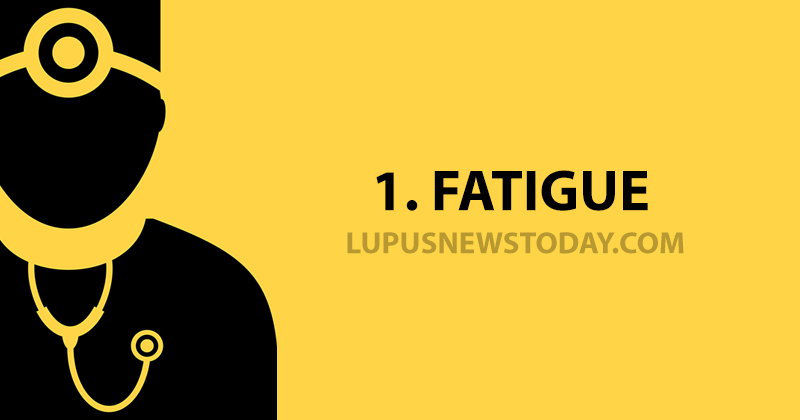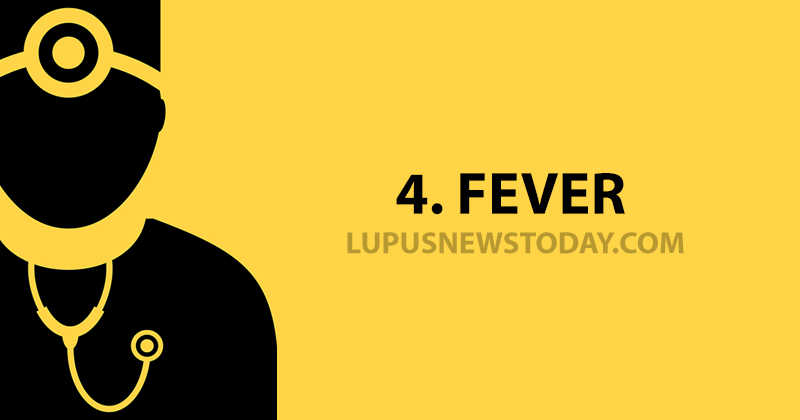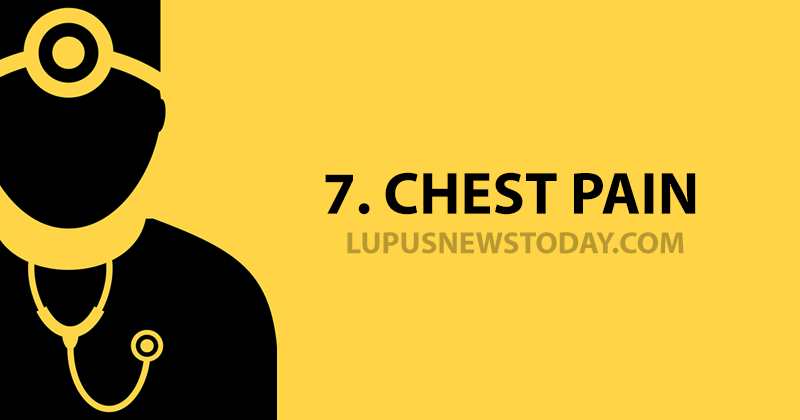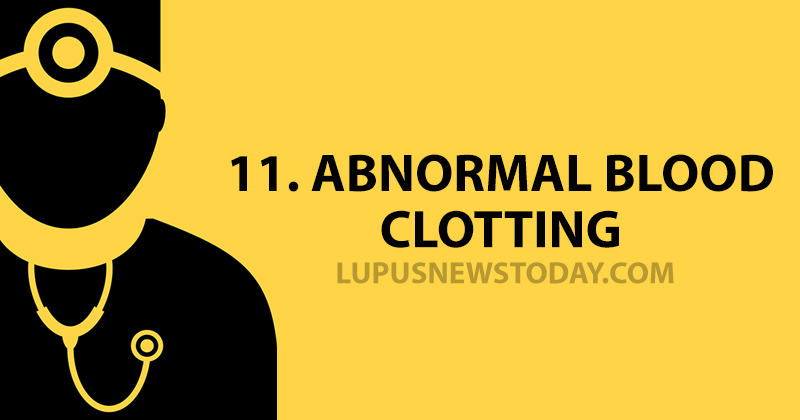13 Common Lupus Symptoms
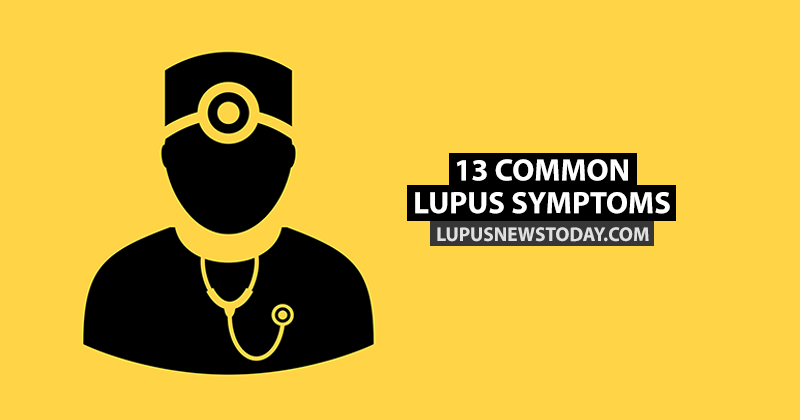
Lupus is an autoimmune disease which can present many different symptoms. No two patients will experience it in the same way or suffer from identical symptoms, but there are some very common initial signs of the disease. We’ve put together a list of 13 common lupus symptoms based on information from the Lupus Foundation of America.
Chronic fatigue is one of the most common symptoms of lupus and can be quite debilitating. Make sure to get plenty of rest and let your body recuperate.
Read our columnist Kellie McRae’s advice about learning what you can control with lupus.
Migraine-like headaches can also occur with lupus. Speak to your doctor about prescribing some medication if they don’t improve with over-the-counter medicines.
Find out about six less common symptoms of lupus.
Suffering from swollen joints is one of the most common symptoms people with lupus raise with their doctors. This is due to inflammation of the joints and can lead to arthritis.
Discover nine tips to help you to self-manage your lupus.
Because the immune system in lupus patients is working overtime, you may experience fever during flares.
Discover five lupus complications you may not be aware of.
A diminished red blood cell count or low hemoglobin in the blood can result in anemia. This will make you feel tired and give you a washed out complexion. Around half of lupus patients will experience anemia.
Read our seven tips for newly diagnosed lupus patients.
Swelling in the lower half of the body is usually due to kidney problems, which can occur in lupus patients. This swelling can also appear on the face and around the eyes.
Blood profiling may help identify lupus patients most at risk of kidney failure.
Pericarditis is a condition where the sac that surrounds the heart (the pericardium) becomes inflamed, which can result in chest pain. The heart itself can also be affected by lupus and the first signs of heart problems are often chest pain.
African-American lupus patients have a higher risk of cardiovascular disease.
This is one of the most-known symptoms of lupus and one of the only outward signs of the disease. A red rash stretching across nose and cheeks can occur during a flare, it is not usually painful but can get worse in sunlight.
Read how a nutritious diet helps benefit overall health for lupus patients. Click here.
Many lupus patients suffer from UV sensitivity, which can result in skin rashes and lesions. Patients are advised to stay out of the sun or to cover up and apply high factor sunscreen if they are outdoors.
Five tips for lupus patients to maintain healthy skin.
Lupus can also affect the hair follicles, making them weak and brittle and causing hair to fall out. This usually affects the hair on the scalp, but eyebrows and body hair can be affected. Some medications for lupus can also lead to hair loss.
Discover 11 tips to help you to prevent lupus-associated hair loss.
Having lupus increases your risk of potentially life-threatening blood clots. Blood clots can block major arteries which can lead to a stroke. Smoking and the birth control pill will also increase the risk of blood clots for lupus patients.
Stroke risk in lupus patients may be linked to cerebral small vessel disease.
Raynaud’s phenomenon is a condition where the hands change color in extreme temperatures. Usually going white or blue in the cold and then red when warmed up again.
Find out more about the pathology of lupus.
Around half of lupus patients will experience mouth ulcers (cankers) or nose ulcers. Unlike other mouth sores, these tend not to be painful, although some will suffer pain and discomfort and often appear on the roof of the mouth. Some medications for lupus can cause mouth ulcers.
Find out about six treatment options for lupus patients.
Lupus News Today is strictly a news and information website about the disease. It does not provide medical advice, diagnosis or treatment. This content is not intended to be a substitute for professional medical advice, diagnosis, or treatment. Always seek the advice of your physician or another qualified health provider with any questions you may have regarding a medical condition. Never disregard professional medical advice or delay in seeking it because of something you have read on this website.




